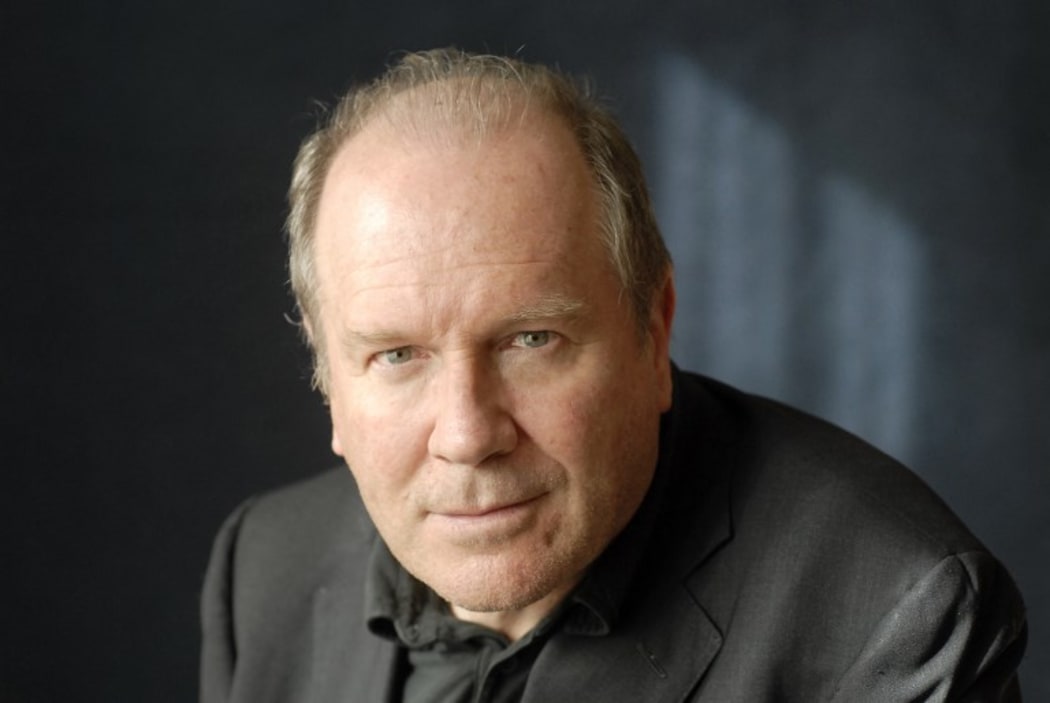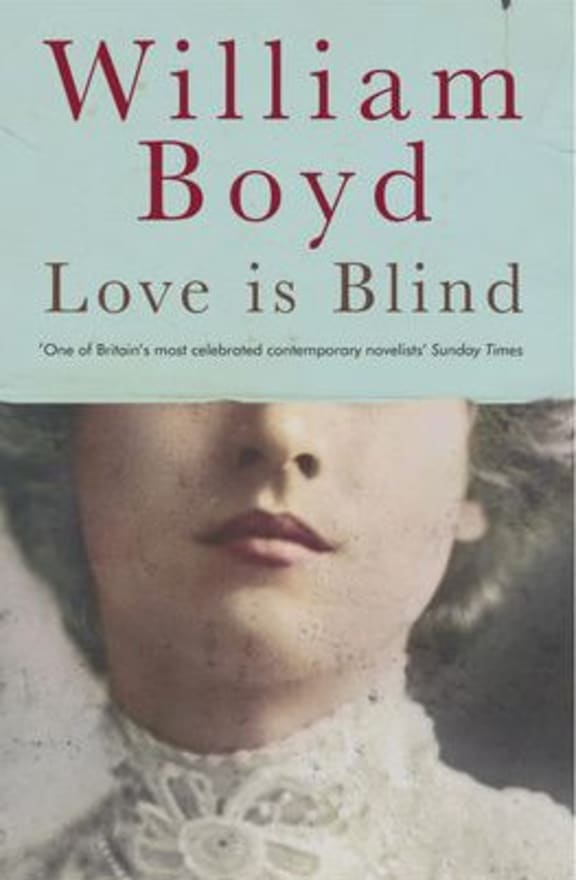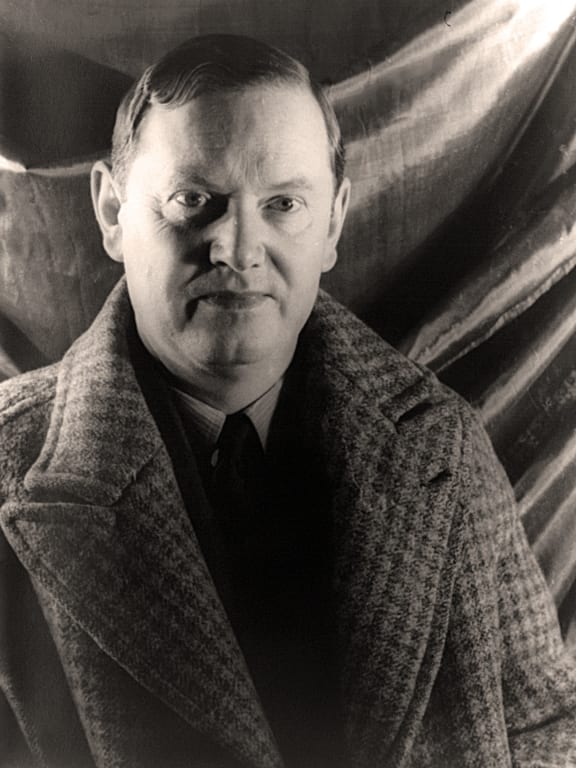Falling in love makes us blind to another person's "flaws or duplicities or evasions" and powerless to do anything about it, according to William Boyd.
In his new novel Love is Blind, a young Scottish piano tuner becomes "voluntarily enslaved" by his love for a Russian opera singer in the dying days of the 19th century.

William Boyd Photo: AFP / FILE
William Boyd is among the British literary heavyweights who emerged in the early 1980s, alongside Salman Rushdie, Kazuo Ishiguro and Martin Amis.
Fellow writer Sebastian Faulks has described him as "the finest storyteller of his generation."
Since his first book A Good Man in Africa (1982), Boyd has produced an astonishing assortment of short stories, plays, screenplays, television series and novels – including Stars and Bars (1984) Any Human Heart (2002) and Restless (2006).
Boyd's novels are often set in the past.

In Love is Blind, Brodie Moncur enters into a dangerous and obsessive affair with the opera singer Lika Bloom in the dying days of the 19th and dawn of the 20th centuries.
It is, Boyd says, a "story of obsessive love and the damage that can be wreaked thereby".
Boyd takes his time and "ponders" his novels before he jumps in and writes anything.
He says he's not "an autobiographical novelist".
"Before I write a story I spend a long, long time figuring out a novel and figuring out the different personalities of the characters I will employ.
"Essentially I spend about two years pondering the novel I'm going to write, and so I get a very clear sense of the characters that I will be manipulating in my story."
Boyd knows his characters "intimately" before he sets to work.
"I know the colour of their eyes, what they have for breakfast, how tall they are how they dress all this stuff is figured out before I launch into my story."
Boyd's employs this ultra-realism in Love is Blind, his 15th novel.
"That world is remote from us now and I think as a novelist you're duty-bound to make that world as vivid and as tactile and as real as possible.
"So all the details of his craft, the places Brodie visits – he's on a voyage of discovery, a pursuit to escape and so he travels through Europe and he ends up in the South Pacific at the end of the novel – has to be made vivid for the reader otherwise it seems stale and clichéd and stereotypical.
"It's an attempt by me to make that world so convincing that you begin to forget it's fiction."
Boyd's novels have been called 'cinematic', but cinematic techniques were used by novelists before cinema even existed, he says.
"The power of the novel is not to be underestimated. We can do anything, us novelists, with this most generous art form in the world. Your freedoms are limitless, so as a fully functioning novelist you should exploit them to the nth degree."
The subtitle of Love is Blind is 'The Rapture of Brodie Moncur'.
"The thing about rapture is it's one-way, it's not mutual. You, the lover, become enraptured with the love object and that causes this kind of blindness to whatever flaws or duplicities or evasions that the love object may be manipulating or employing, but there is nothing that you can do about it."
The character of Brodie Moncur has become "voluntarily enslaved," Boyd says. "He is very happy to be enraptured, that explains his blindness."
"The brain does take a subordinate role to the heart when you fall in love. As Robert Louis Stevenson says, it's the one supernatural event in our trite and ordinary lives.
"That's certainly what happens to Brodie Moncur; he's a Stevensonian hero as he goes on his journey with Lika."
Boyd writes "long, complicated narratives" so meticulous planning and research are an essential part of the process, he says.
"It seems to me you can't embark on that process with really thinking it through incredibly thoroughly.
"I spend twice as long figuring out the novel and figuring out its ending … what the cathartic moment of the end will be, and once I've got that clear in my head then I can start writing Page 1 and off I go. I don't write particularly quickly, but I write with a kind of confidence – I know what my destination is."

English writer Evelyn Waugh, circa 1940 Photo: Public domain
Any Human Heart – one of Boyd's best known and best-loved novels – was one of the most technically difficult books he's written, he says.
"I decided to write it in the form of Logan Mountstuart's intimate journal. To write a fake diary, as I did with Logan Mountstuart, you have to kind of make it boring. There was a lot of artifice in making the 500 pages of Logan's life seem artless.
"It's almost as if the reader is having Logan whisper into his or her ear about what he's feeling about any given year in his 80-odd years on this planet."
Robert Louis Stevenson, Anton Chekhov and Evelyn Waugh are Boyd's literary heroes.
He particularly admires Waugh's darkly comic "masterpieces".
"Waugh was a brilliant black comic writer. I'm thinking of novels like Decline and Fall, Vile Bodies and Scoop.
"I regard myself as a serious comic writer and I think the serious comic view of the human condition is the one you can live with most easily."

